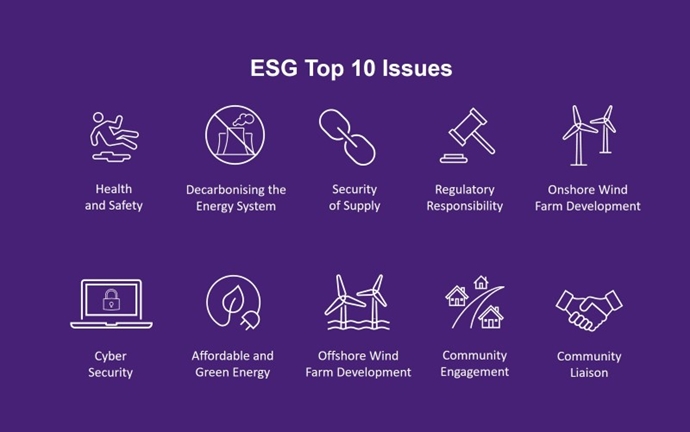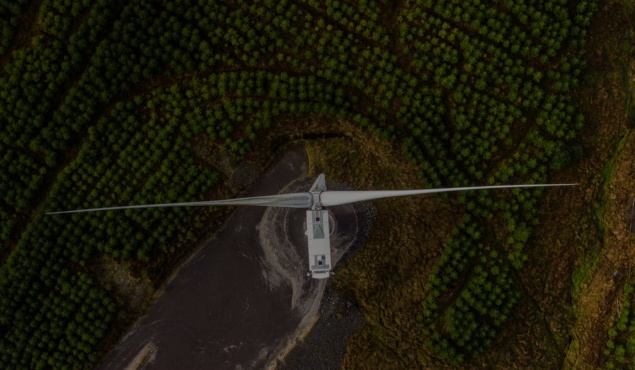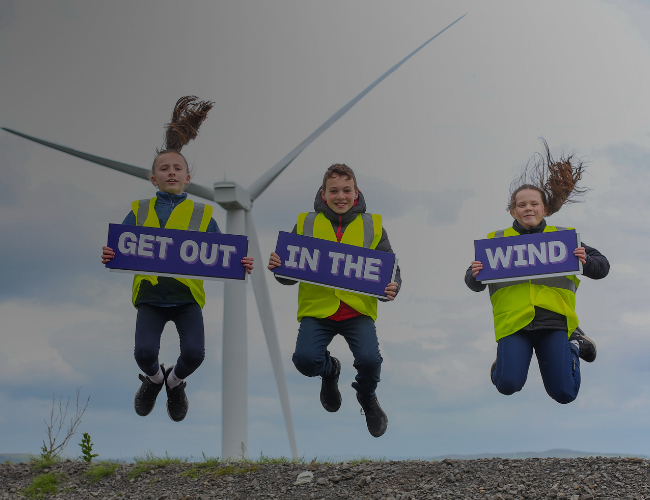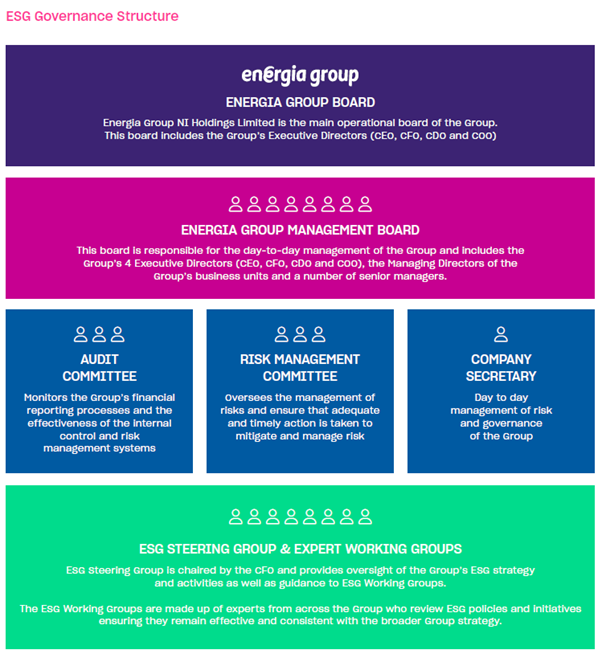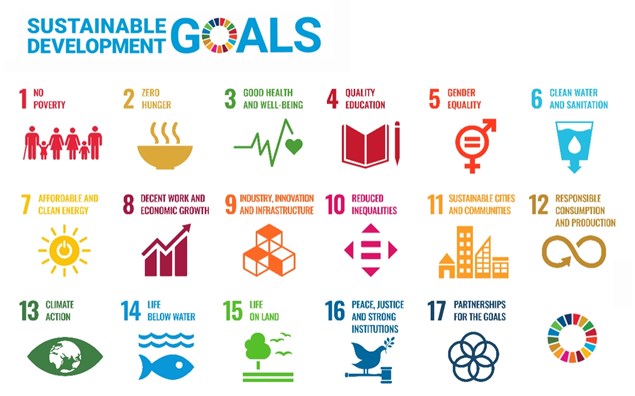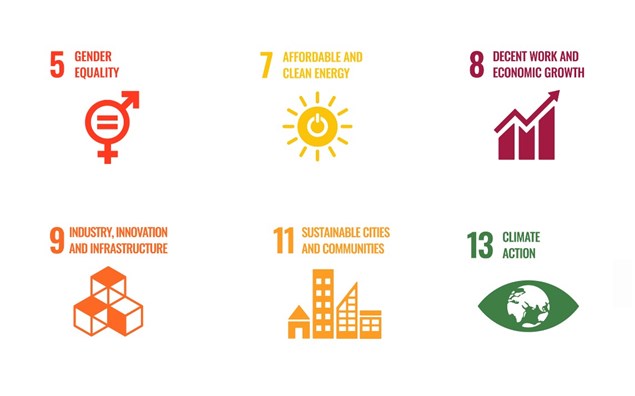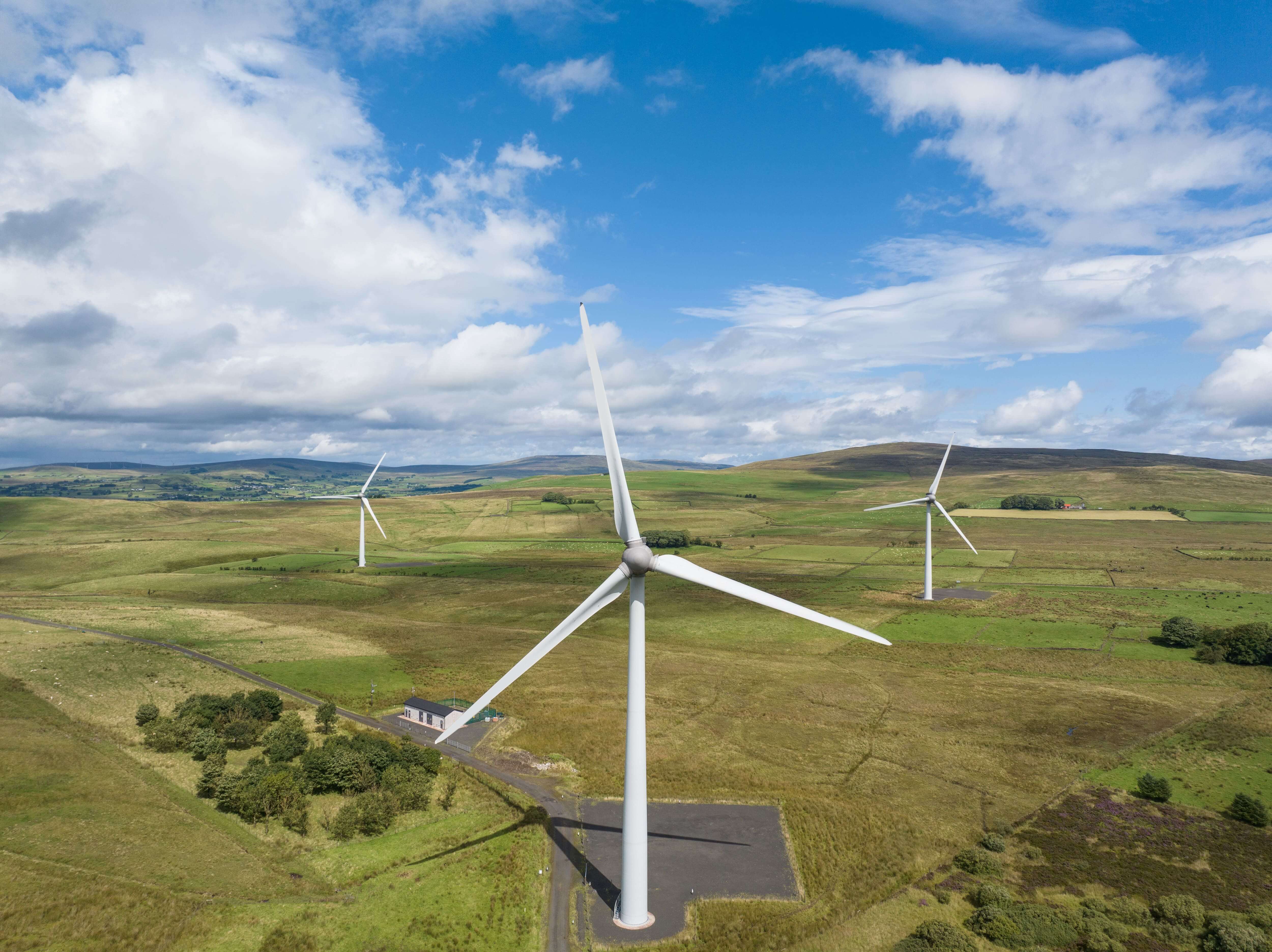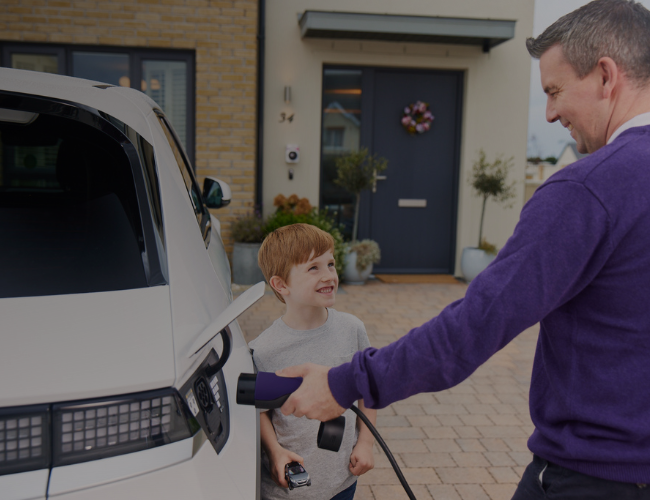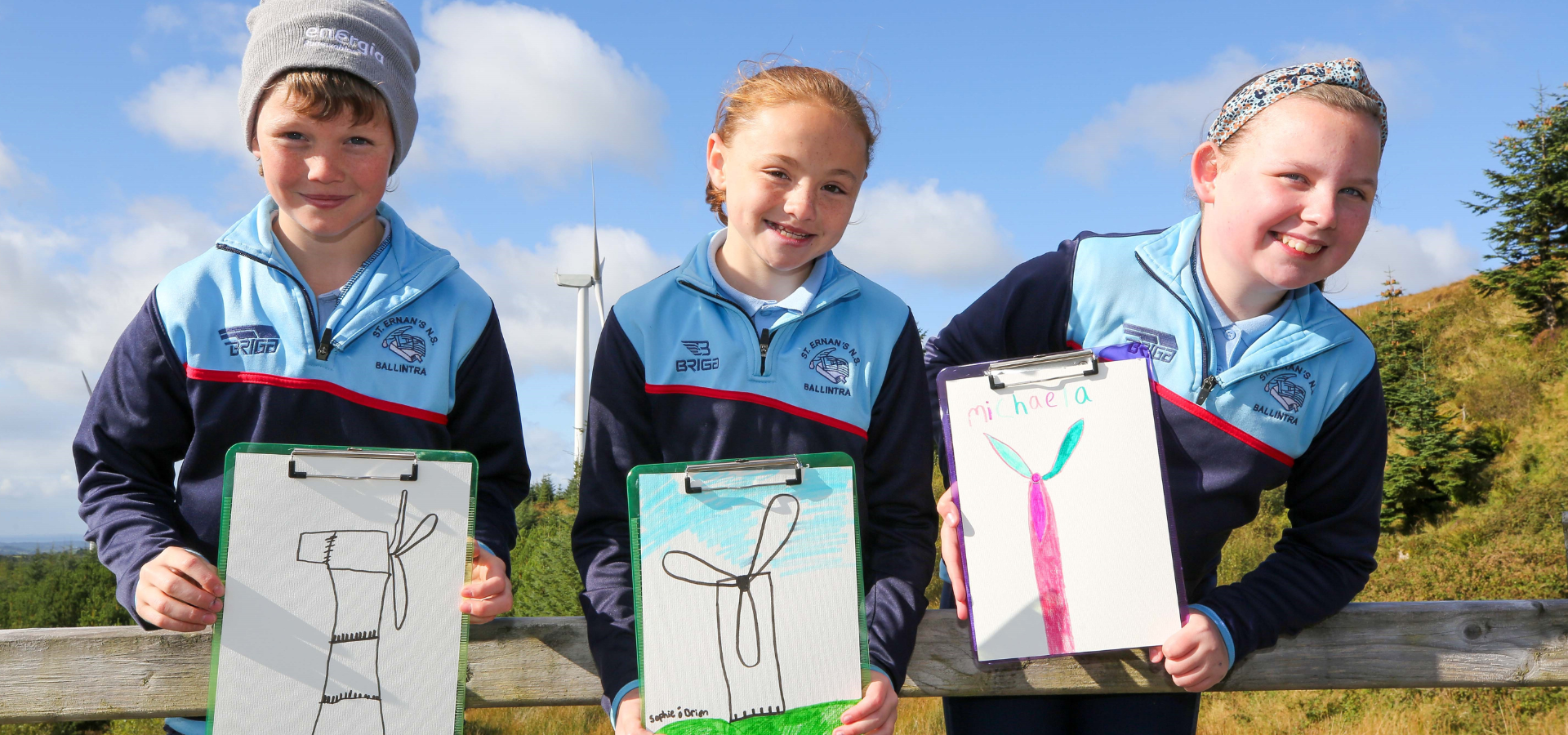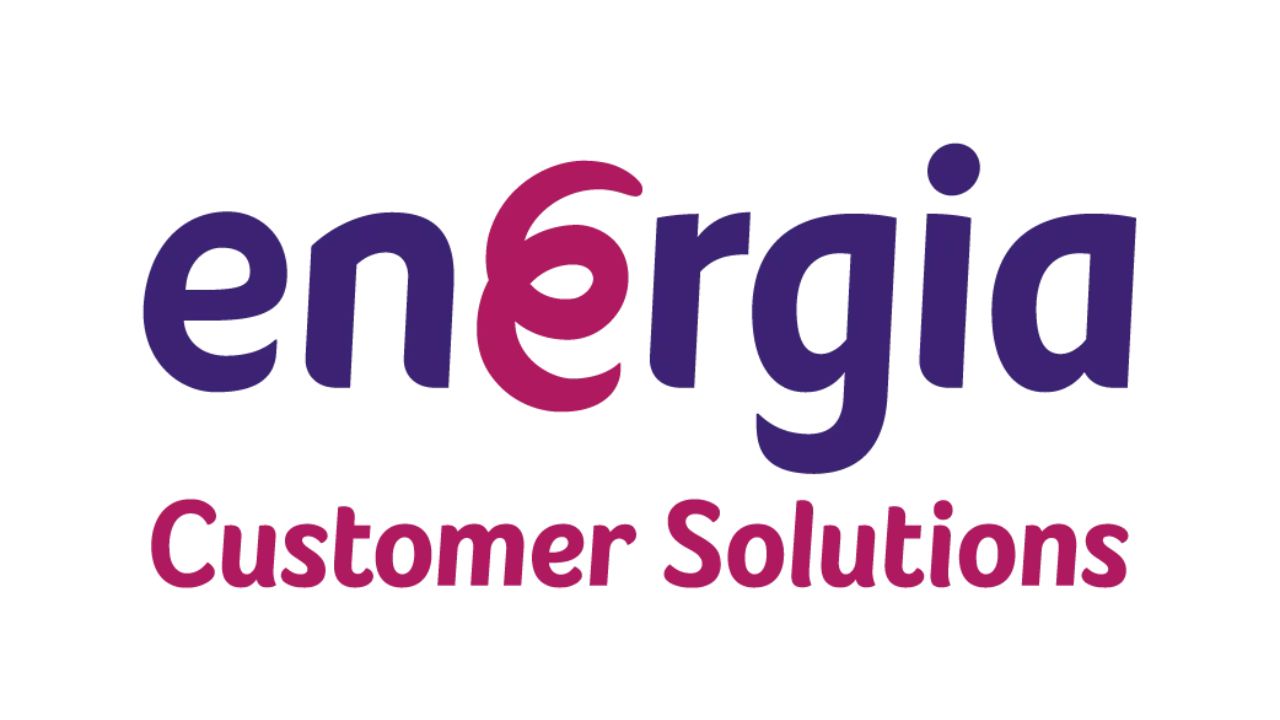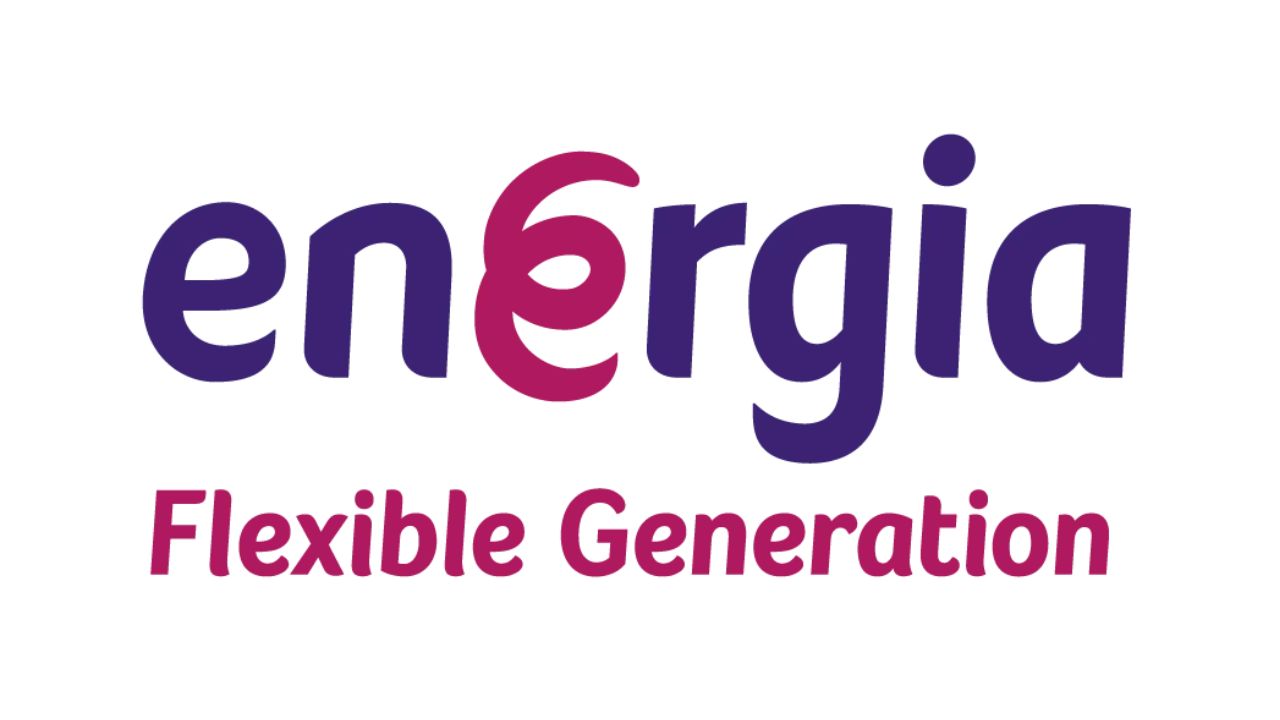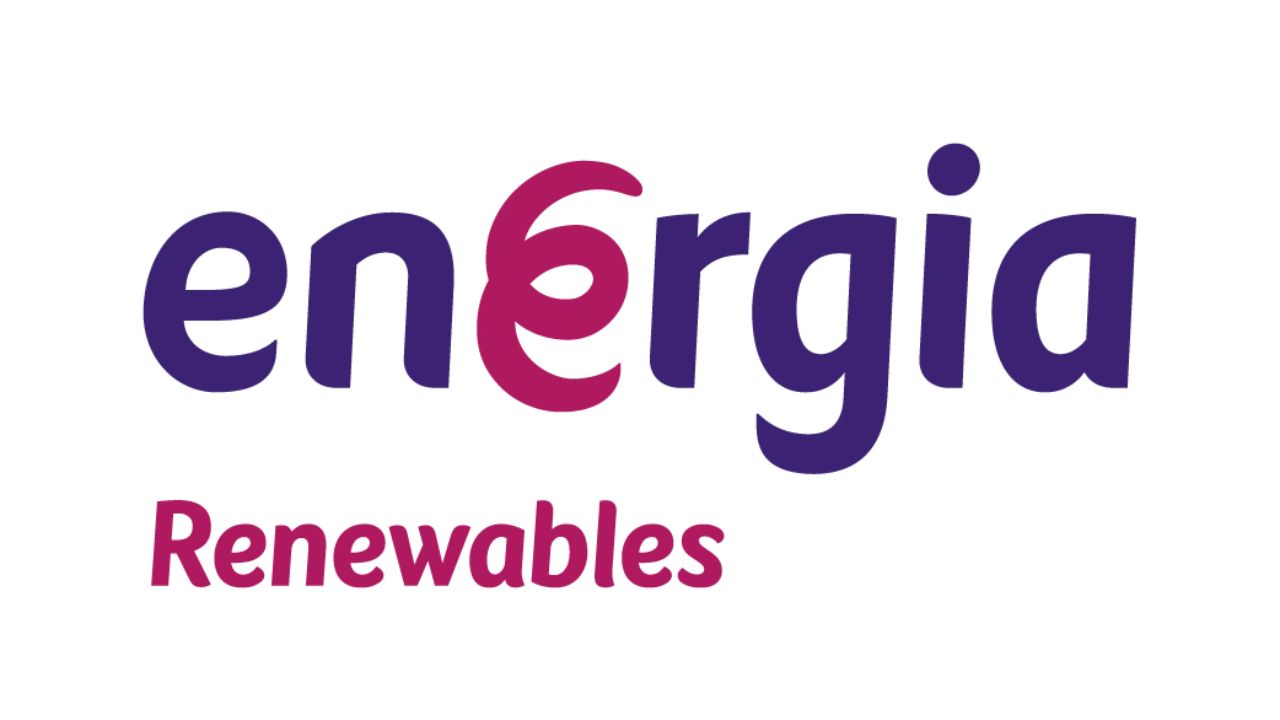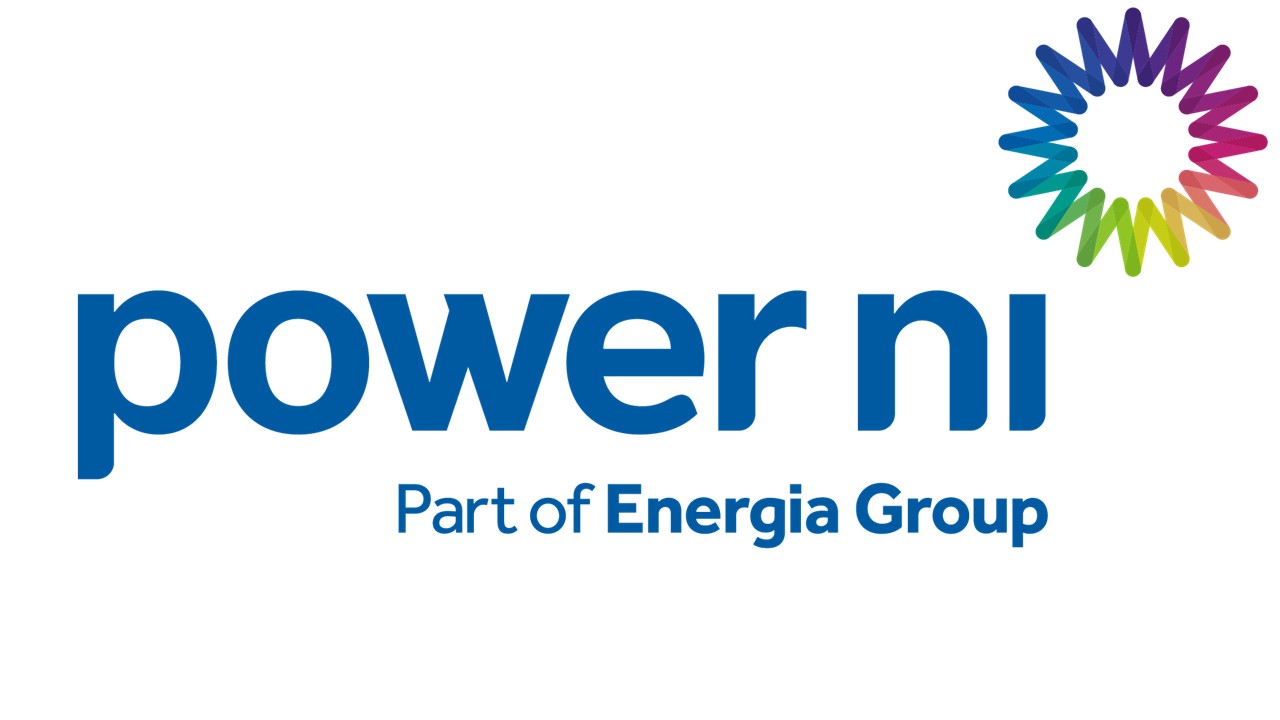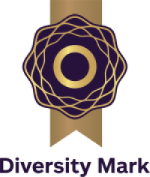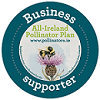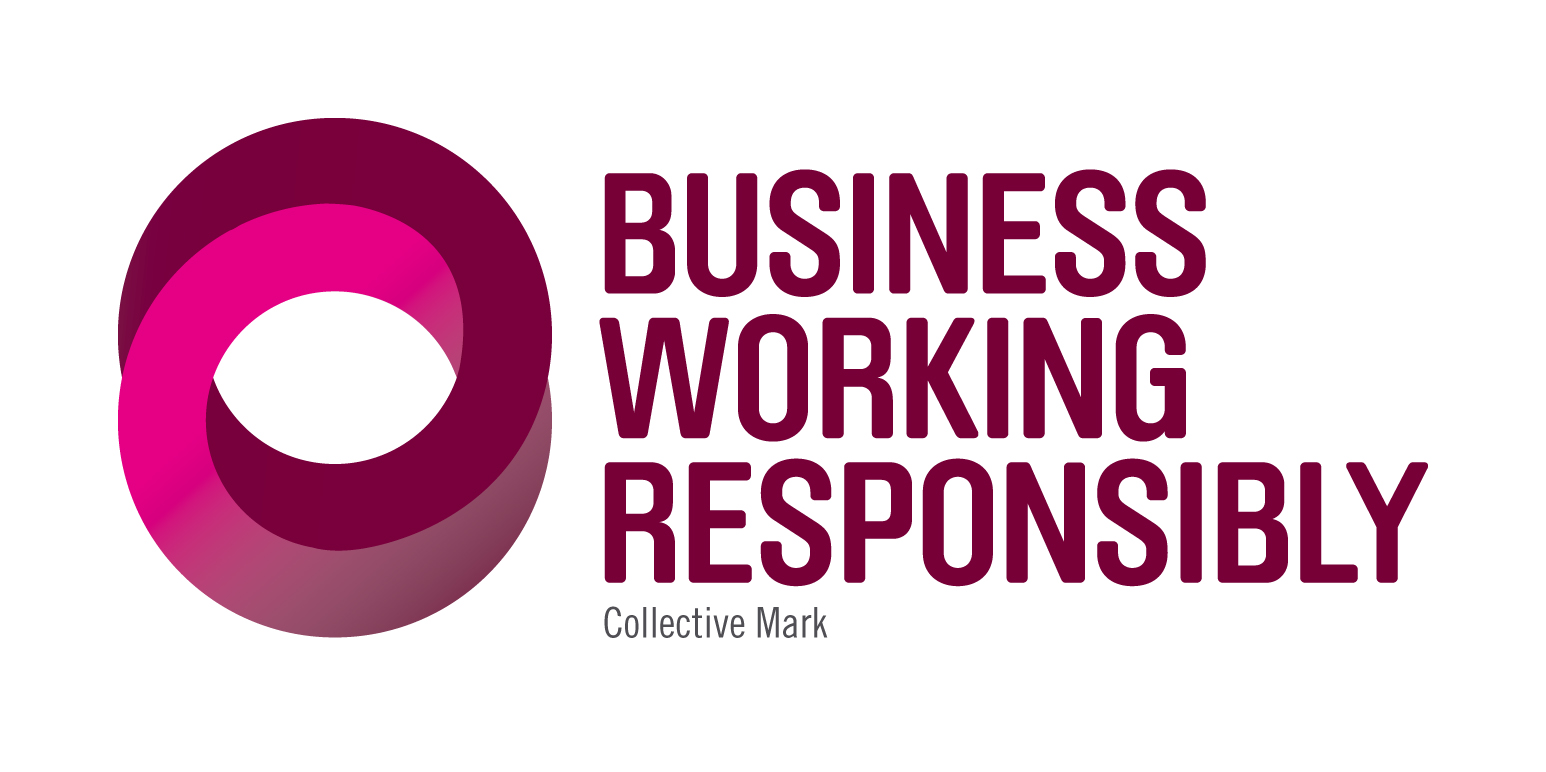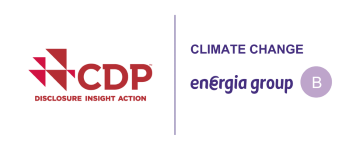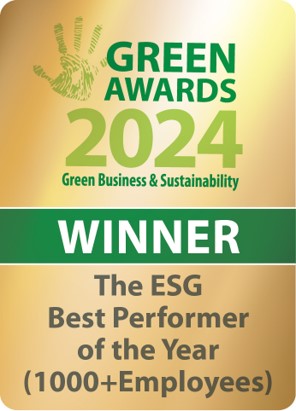Stakeholder Engagement and Materiality Assessment
Stakeholder Engagement
We understand how important our stakeholder views are. As a Group, we engage with a broad range of internal and external stakeholders including our employees, commercial and residential customers, communities, regulators, industry groups, investors, non-governmental organisations, academia, rating agencies and other organisations that affect, or could be affected by, our activities and services.
Materiality Assessment
An important element of our ESG strategy is to understand the issues that are perceived to be most important or material to our stakeholders. In 2022 we conducted our first Materiality Assessment for ESG related matters seeking the views of our internal and external stakeholders.
The results of this assessment have informed our overall ESG approach and are summarised in Energia Group’s Materiality Matrix.
In line with our overall ESG approach, and our continued refinement of our stakeholder and materiality approach, in 2023, we extended our Materiality Assessment approach to include detailed stakeholder interviews to garner greater insights into the views of our stakeholders. Our approach to materiality will be regularly reviewed and our materiality matrix will be revised based on our continued engagement with key stakeholders and consideration of emerging challenges with a consistent focus on delivering our ESG Strategy.
Double Materiality Assessment
Throughout 2024/25, we developed our approach to Materiality Assessment by conducting our first Double Materiality Assessment (DMA). On the back desktop research and sector review exercises, we compiled a longlist of Impacts, Risks and Opportunities (IROs) covering a wide range of ESG topics.
We also hosted workshops with key internal stakeholders across Renewables, Flexible Generation, and Customer Solutions and Energia Group to discuss and score these IROs. We are currently progressing engagement with a representative group of external stakeholders to valid the internal DMA results.
As our approach to DMA developments over time, we will be seeking further input from our key stakeholders to inform and validate the IROs that are of material importance to the Group.
Materiality Matrix
Overall the results indicate that our stakeholders view a range of Environmental, Social and Governance factors as being important to Energia Group. Half of the issues identified as most important are specific environmental factors. Some of the other issues identified are relevant to our decarbonisiation activities (e.g. community engagement) and there is also an important focus on health and safety and governance.
